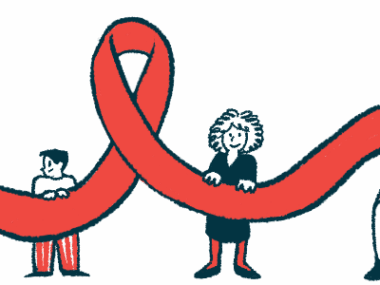Epilepsy Foundation Hopes to Raise $1.75M in ‘Walks’ This Spring
Written by |

The Epilepsy Foundation’s Walk to END EPILEPSY fundraiser series returns in person this spring, along with its 2.6-Million-Mile-Challenge.
The “Walk” series opens in April with a goal of raising $1,750,000 to help improve the lives of the 3.4 million U.S. residents thought to live with epilepsy, including those with Dravet syndrome. The event is also meant to help raise awareness about the condition and to give patients and their families a platform for sharing stories.
Walk events will take place around the country in accordance with COVID-19 guidelines from the Centers for Disease Control and Prevention as well as state and local guidelines. Visit this site to find a nearby walk, or to start one.
Those who are unable to walk in person as part of a team may register and complete the walk on their own, on streets, trails, or a treadmill.
“It doesn’t matter where they stroll, saunter, or power walk, they can complete their walk whenever, wherever, while others in the community do the same,” the foundation states in a press release.
Funds raised will go toward the foundation’s patient and family services, seizure recognition and first aid, advocacy, and research.
“This year’s Walk to END EPILEPSY is back and it’s better than ever,” said Geoff DeLizzio, the foundation’s chief development officer. “Safety is our priority, so we are offering different ways that people can participate in their community. We invite everyone to join with friends, family and colleagues to celebrate one another in person or at one of the local events, or opt to make the walk on their own as part of the 2.6-Million-Mile-Challenge. No matter where people are, each step and fundraising dollar counts.”
All participants are invited to join the organization’s livestream event on June 4 to celebrate their accomplishments and to honor the foundation’s mission. Check the event page in the coming weeks for more information.
For questions about the fundraiser, send an email to [email protected].
One in 10 people will experience a seizure during their lifetime and one in 26 will be diagnosed with epilepsy, according to the foundation, but epilepsy gets 10 times less funding than do other brain disorders.
Dravet is a type of epilepsy characterized by episodes of prolonged seizures that begin in the first year of life. The disorder is thought to affect one in 20,000 to 40,000 individuals globally.






